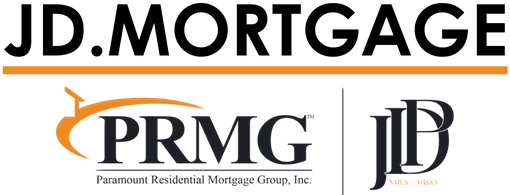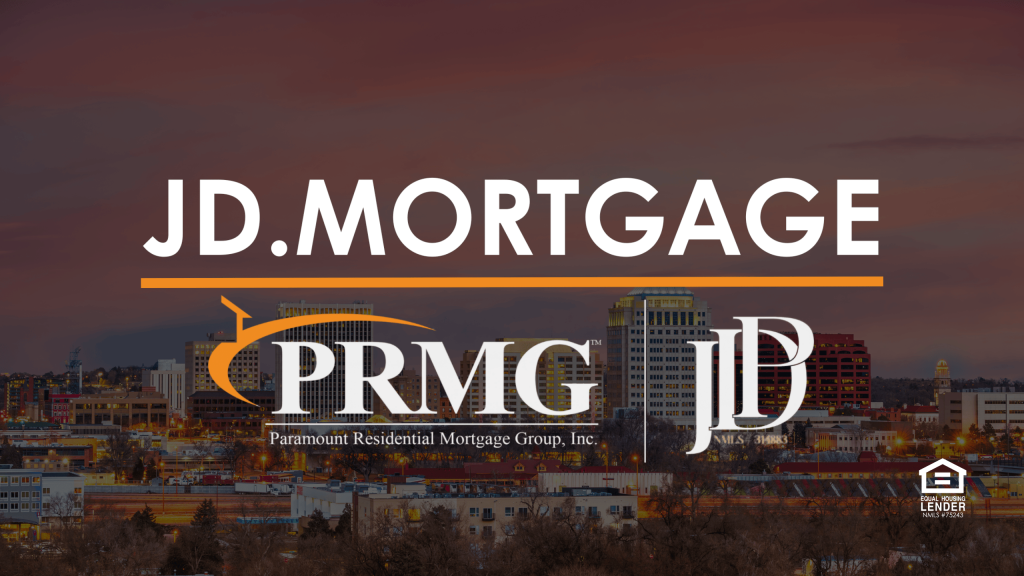Conventional Loan FAQs

Conventional Loans
Conventional loans are one of the most popular mortgage options for buyers seeking flexible terms, competitive rates, and the ability to avoid mortgage insurance with a strong down payment. At the JD.Mortgage team, we specialize in helping borrowers qualify for conventional financing—even if their credit or debt ratios are less than perfect. Whether you’re buying your first home, moving up, or investing in real estate, conventional loans offer stability and customization to fit your goals. Connect with us today to explore your options.
What Is a Conventional Loan?
A conventional loan is any mortgage that isn’t backed by the federal government. Instead, it meets guidelines set by Fannie Mae and Freddie Mac, and is offered through private lenders. These loans are ideal for buyers with solid credit, stable income, and at least a 3%–5% down payment. They also work well for borrowers looking to avoid upfront mortgage insurance fees associated with government-backed loans. Learn how our process supports you from application to closing.
Types of Conventional Loans
Conventional financing isn’t one-size-fits-all. Several loan types fall under the conventional umbrella, including:
- Conforming Loans – Loans within the FHFA limits, currently $806,500 in most areas for 2025.
- High-Balance Loans – For markets with higher housing costs, these exceed standard conforming limits but still follow Fannie/Freddie rules.
- Fixed-Rate Mortgages – Consistent monthly payments for terms of 10, 15, 20, or 30 years.
- Adjustable-Rate Mortgages (ARMs) – Lower initial rates with adjustments after 5, 7, or 10 years.
Use our calculator to see which term and payment fits your budget best.
Who Qualifies for a Conventional Loan?
Conventional loans are often associated with higher credit score requirements, but they’re more accessible than many realize. You may qualify if you:
- Have a credit score of 620 or higher
- Can verify steady income and employment
- Can afford at least a 3%–5% down payment
- Have a debt-to-income (DTI) ratio under 45%
There’s also special eligibility for first-time homebuyers with low down payment programs available. Start your homeownership journey with expert guidance.
Conventional vs FHA: Which Is Better?
FHA loans are known for their flexible credit standards, but conventional loans may offer long-term savings. Here’s how they compare:
- Mortgage Insurance: FHA requires it regardless of down payment; conventional loans can waive it with 20% down.
- Loan Limits: Both have limits, but conventional loans may offer more flexibility in high-cost areas.
- Property Standards: FHA appraisals can be stricter; conventional allows more flexibility on property condition.
Explore FHA loans here if you’re not sure which path is right for you.
Benefits of a Conventional Loan
Conventional loans offer key advantages for both homebuyers and investors:
- No upfront mortgage insurance premium
- Loan terms from 10–30 years
- Options for second homes and investment properties
- Can be used for purchases, refinances, or renovations
Looking to refinance? Conventional loans are often the ideal choice for lowering your rate or removing PMI.
How Much Can You Borrow?
As of 2025, the standard conforming loan limit is $806,500 in most areas, with higher limits in certain high-cost markets. Anything above this may require a jumbo loan. Learn about jumbo loan options if you’re shopping in a higher price range.
Down Payments and Mortgage Insurance
While a 20% down payment helps you avoid private mortgage insurance (PMI), many borrowers put down far less. With as little as 3% down for qualified buyers, PMI is typically required—but it can be canceled once you reach 20% equity. Explore DPA programs if you need help with your down payment.
Is a Conventional Loan Right for You?
If you have solid credit, reliable income, and are looking for long-term value, a conventional loan may be your best fit. But it’s not the only option. The JD.Mortgage team offers solutions for all buyer profiles—including those denied by other lenders. Let’s review your scenario together and find the best path forward.
Explore All Your Mortgage Options
Conventional loans are just one of many programs we offer. Whether you’re exploring government-backed solutions or more flexible lending alternatives, we’re here to help. Learn more about:
- VA Loans
- FHA Loans
- USDA Loans
- Down Payment Assistance
- Non-QM (Bank Statement, DSCR, ITIN)
- HELOCs & Second Mortgages
- Reverse Mortgages
- Construction Loans
Ready to take the next step? Click here to start your personalized loan review.
💡 Conventional Loan Benefits
✔ As low as 3% down for first-time buyers
✔ No upfront mortgage insurance (unlike FHA)
✔ Lower monthly costs with 20% down
✔ Flexible loan terms: 15, 20, or 30 years
✔ More property options (no government restrictions)
Find out if you qualify! → Get Pre-Approved
📉 What Impacts Your Interest Rate?
🏦 Credit Score – Higher scores = lower rates
💰 Down Payment – More down = better terms
📊 Loan Term – Shorter terms = lower rates
📈 Market Conditions – Rates fluctuate with the economy
💡 Pro Tip: Lock in a competitive rate while the market is in your favor!
Find out if you qualify! → Get Pre-Approved
🏡 First-Time Buyer Perks
💰 3% down payment options
📉 Reduced PMI for eligible borrowers
🎯 Grants & assistance programs available
Find out if you qualify! → Get Pre-Approved
Contact Form


